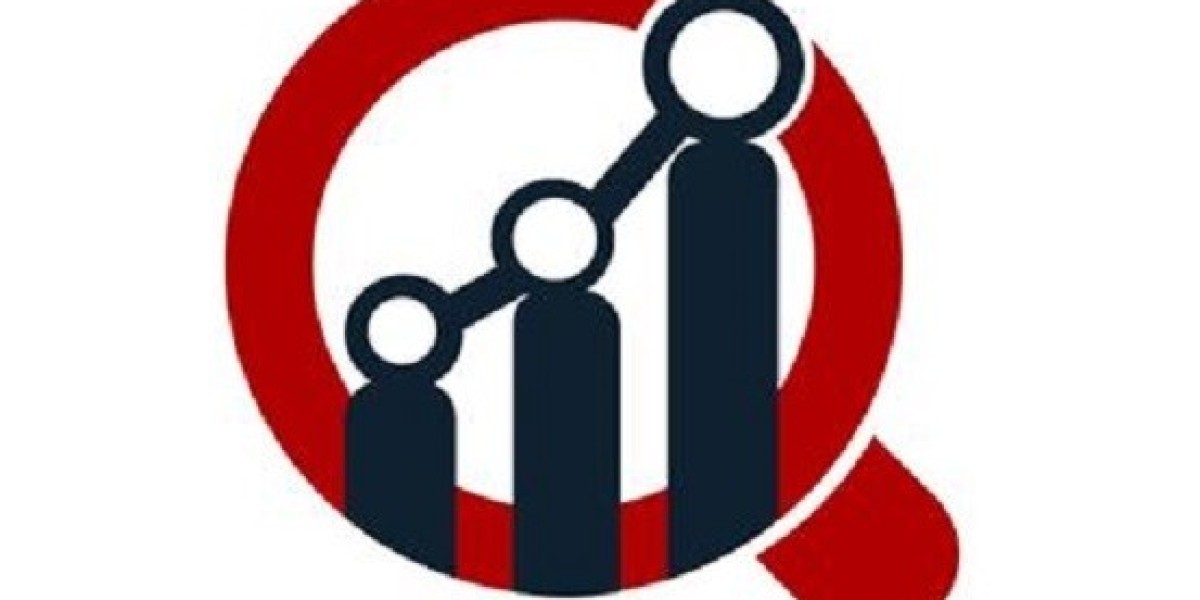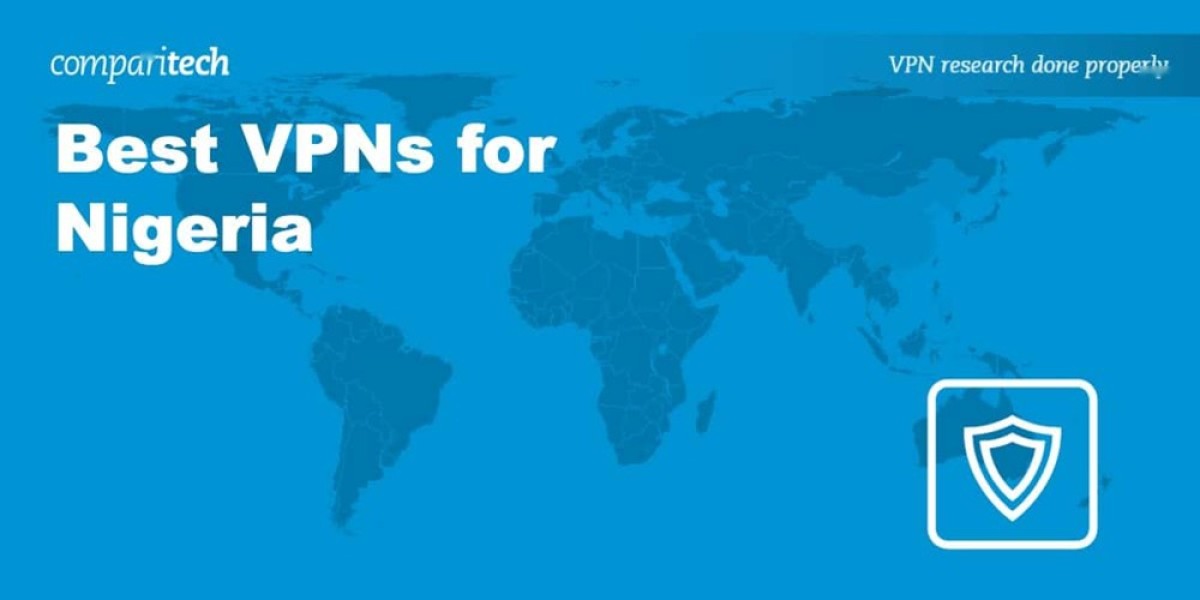What Is Healthcare Provider Network Management?
Healthcare provider network management refers to the systems and processes used by health insurance companies to manage and maintain relationships with their networks of doctors, hospitals, clinics, and other healthcare providers. It involves everything from credentialing and contracting to performance monitoring and reimbursement processes.
Effective network management ensures cost-effective, quality healthcare services while maintaining regulatory compliance and improving member satisfaction.
Why It’s Becoming a Healthcare Essential
In a rapidly changing healthcare landscape, payer organizations must handle massive amounts of provider data while managing contracts and compliance. Manual processes are error-prone and time-consuming, making automated network management solutions increasingly vital.
These platforms improve:
Provider onboarding and credentialing workflows
Real-time provider directory updates
Analytics for quality and cost tracking
Claims processing and utilization review
Interoperability between systems
As the demand for value-based care models grows, provider network management plays a critical role in aligning cost with outcomes.
Key Drivers Boosting Market Growth
Several trends are accelerating the growth of the healthcare provider network management market:
Shift from fee-for-service to value-based care
Increasing need for regulatory compliance (CMS, NCQA, HIPAA)
Rapid growth in Medicare Advantage and managed care plans
Complexities in managing multi-specialty provider networks
Emergence of cloud-based solutions for scalability and security
Additionally, rising focus on improving healthcare accessibility and affordability encourages healthcare payers to optimize their provider networks.
Technology Is Leading the Transformation
Advanced software platforms are helping payers digitize and streamline their operations. Key features of modern network management tools include:
AI-powered provider search and match
Automated credential verification systems
Contract lifecycle management modules
Integrated provider scorecards and analytics dashboards
Self-service portals for providers and members
These technologies improve efficiency, data accuracy, and provider satisfaction, ultimately benefiting the entire healthcare delivery system.
Regional Insights and Adoption Trends
North America dominates the market, largely due to the U.S.'s highly structured health insurance sector, extensive use of managed care, and payer consolidation trends. Meanwhile, Europe and Asia-Pacific are quickly catching up, driven by digitization, universal health coverage, and regulatory reforms.
Emerging markets are also investing in health information exchanges (HIEs) and payer-provider interoperability, opening new avenues for technology providers and consulting firms.
Leading Players Shaping the Industry
Several key players are leading the innovation in provider network management, including Optum, Cognizant, Change Healthcare, Mediant Health Resources, TriZetto (Cognizant), and Infosys. These firms offer end-to-end network solutions, along with consulting and third-party administration services, to healthcare payers.



